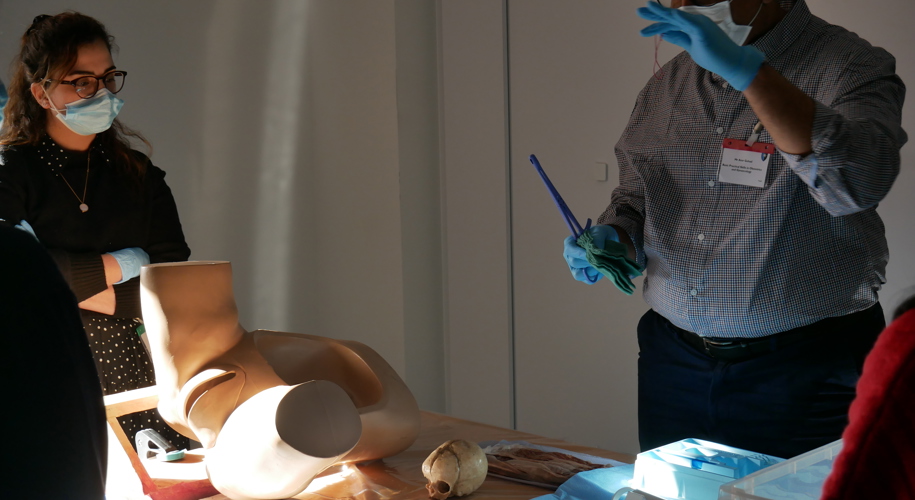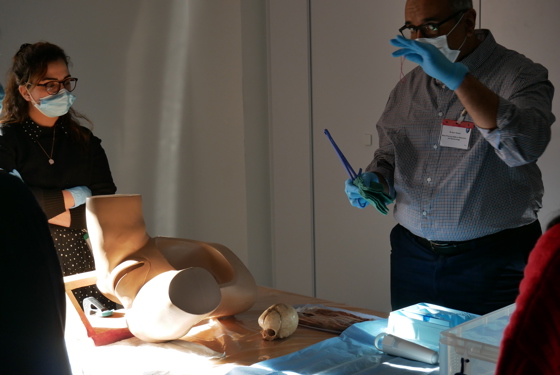Improving women's and girls' health worldwide through our curriculum
We are delighted to introduce our newly revised O&G Curriculum 2024 and are now transitioning to it (GMC approved).
The RCOG is committed to developing doctors and specialists with wide ranging professional skills and a modern, questioning attitudes to treatment and care. From postgraduate to consultant, find out how our GMC approved training curriculum can prepare you for a lifelong career in O&G.
Undergraduate and foundation training
Our curriculum resources cater for undergraduates and foundation year doctors who are considering applying for postgraduate speciality training. You will find information on the modules and training structure for O&G training at these career stages.
Postgraduate programme
As doctors move through the curriculum, they will need to demonstrate the quality of their skills and knowledge at various key progress points. This training framework encourages a continual pursuit of excellence in all aspects of clinical and professional practise. The RCOG also pushes our specialists to take responsibility for their own learning and to carry this reflective behaviour with them throughout their careers.
Trainee specialists following the 2024 curriculum will be expected to pass through the curriculum via the following stages:
- Stage One takes place during the early part of the structured training programme where trainees commence their main O&G training programme outlined on the Core Curriculum. This training must be completed in order to progress to Stage Two.
- Stage Two starts at ST3 level. Once trainee progresses to ST5, they will be able to start to develop the specific skills needed for the areas in which they wish to practise as a consultant by choosing Special Interest Training Modules (SITMs) or by applying for subspecialty training.
- Stage Three make up the final stage of the programme. Trainee must, at this stage, prove their skills are of the high-calibre necessary for them to specialise in their area of interest.
For Trainee specialists following the 2019 curriculum the stages are as follows:
- Core specialty training, these O&G modules form the Core Curriculum. This training must be completed in order to progress towards a consultant role.
- ATSMs or subspecialty training make up the final two years of the programme. Trainees must, at this stage, prove their skills are of the high-calibre necessary for them to specialise in their area of interest.
Read our overview of specialty training programme in O&G for more detail.
Curriculum feedback and development
The curriculum has been carefully developed by practising obstetricians and gynaecologists, with tremendous input from specialist societies within O&G and closely related fields.
The Curriculum Committee continually reviews the content of the curriculum in response to gradual changes in practice, so we greatly appreciate constructive feedback. Please email us at curriculum@rcog.org.uk with your comments and suggestions.


Assessment of training
Information about sign-off of competencies, workplace-based assessments, ARCPs and more.


Resources and support for trainees
Training guidelines, advice, useful resources and sources of support for trainees.
